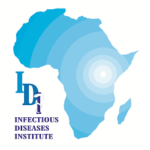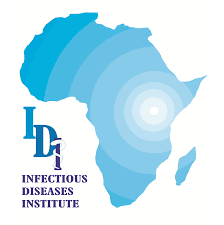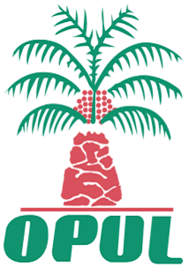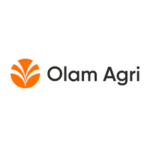
General Summary
Background
The Infectious Diseases Institute (IDI) is part of the Centers for Antimicrobial Optimization Network (CAMO-Net) awarded by Wellcome Trust (#226692/Z/22/Z) which is a multidisciplinary global collaboration with institutions in other countries (UK, India, South Africa and Brazil) to address the impact of Antimicrobial Resistance (AMR) on human health. The CAMO-Net Uganda hub is seeking a highly motivated and skilled individual with expertise in machine learning, statistics, and predictive modeling to join our research team. The successful candidate will complement ongoing efforts to develop and implement machine learning models aimed at predicting clinical outcomes in patients with bacterial infections. This role is ideal for someone passionate about applying computational techniques to solve real-world healthcare challenges, particularly in the context of infectious diseases.
Key Responsibilities
- Development of machine learning models for predicting treatment/clinical outcomes for patients with bacterial infections.
- Submission of a manuscript resulting from the above work to a peer-reviewed journal.
- Presentation of findings to local and international scientific conferences either by abstract, oral presentation or poster.
- Writing collaborative grant proposals with other CAMO-Net co-investigators (participation in grant writing).
- Supervising and mentoring other junior staff on the team.
- Attending CAMO-Net meetings and workshops both local (CAMO-Net Uganda) and consortium-wide meetings when needed.
- Facilitating the CAMO-Net capacity building arm especially the technology theme.
- Any other responsibilities assigned to you by your immediate supervisor.
Academic Qualifications
- • Having completed a PhD in either a health related or quantitative field, at the time of application.
- • Masters degree in Data science, Statistics, Biostatistics, Mathematics or Bioinformatics.
Person Specification
- Scientific writing as evidenced by having at least two first author peer-reviewed article and at least three co-author publications in peer-reviewed journals.
- Strong programming skills in Python and (or) R.
- Solid understanding of statistical methods, supervised and unsupervised learning.
- Experience working on a scientific project in the health field.
- Strong problem-solving skills.
- Good communication skills both written and verbal, with the ability to convey technical findings to interdisciplinary audiences.
- Experience working on a modelling project e.g., machine learning, computational modelling, statistical modelling or mathematical modelling.
- Good data management, data manipulation and data analysis skills.
- Integration of data from diverse sources.
- Experience working with large datasets.
- Ability to work independently or as part of a team.







